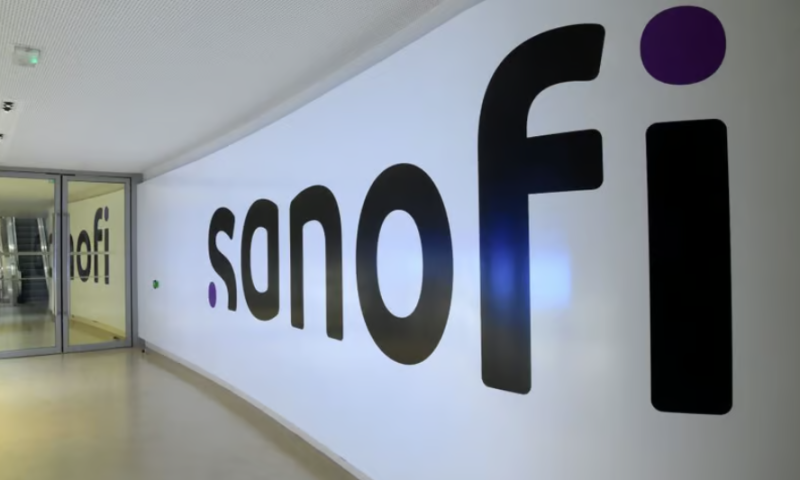Sanofi has laid down a marker in the race to revitalize an approach to treating autoimmune diseases. More than 20 years after a pre-merger Biogen and Idec independently raised safety concerns about the mechanism, the French drugmaker has presented phase 2 data that suggest its second-generation drug candidate may be safe and effective in multiple sclerosis.
The midphase study tested frexalimab, a CD40L monoclonal antibody that Sanofi picked up in 2017 in a deal with ImmuNext. Like other CD40L programs, the project is underpinned by evidence that blockade of the ligand can ease autoimmune conditions. The mechanism may be particularly important in multiple sclerosis, with studies of human tissue suggesting CD40-CD40L interactions happen in brain plaques.
Biogen and Idec independently hit on the same idea decades ago, but safety scuttled the programs. Work on Biogen’s anti-CD40L antibody BG9588 stopped after patients suffered thromboembolic events. Trials of Idec’s rival candidate, IDEC-131, were put on hold in June 2002 in response to thromboembolism.
Sanofi now has evidence it can unlock the efficacy that has attracted multiple groups to CD40L blockade without causing the side effects that ended first-generation programs. The results come from a phase 2 trial that randomized 129 patients with relapsing multiple sclerosis to receive one of two doses of the CD40L antibody or matching placebo.
After 12 weeks, investigators saw significant reductions in new gadolinium-enhancing T1-lesions at both doses, causing the study to hit its primary endpoint. Compared to placebo, the number of T1 lesions, a measure of active inflammation, fell by 89% at the high dose and 79% at the low dose. Sanofi also saw reductions in T2 lesions, a measure of disease burden.
The Big Pharma has early evidence the effects may translate into benefits for patients, with participants reporting improvements on a physical impact score after 12 weeks. Sanofi plans to generate a fuller picture of the effects by moving frexalimab into pivotal trials in multiple sclerosis early next year.
Sanofi’s plan is supported by the safety data shared so far. All bar four of the 129 patients completed the first part of the study and continued into the open-label part. The most common adverse events were COVID-19, which affected 9.8% of people in the low-dose group, and headache. Increased susceptibility to infection is a concern with CD40L blockade, but the COVID-19 cases were uncomplicated and mild to moderate. Sanofi’s press release makes no mention of thromboembolic events.
The progress of the candidate positions Sanofi at the forefront of the push to revitalize CD40L blockade and boosts its multiple sclerosis pipeline, news of which has been dominated by the ongoing clinical hold on the phase 3 candidate tolebrutinib.

